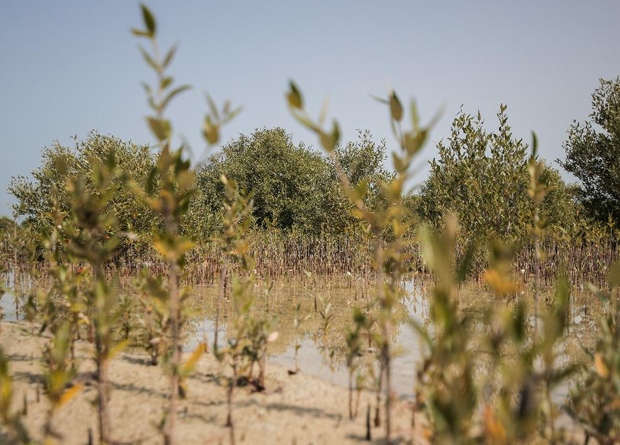Procter & Gamble Philippines (P&G) further strengthened its commitment to the environment with its partnership with the technology platform EcoMatcher. This partnership with EcoMatcher is part of “Forests for Good”, P&G’s campaign to actively protect nature by planting trees that help improve local ecosystems.
Forests for Good is part of the company’s global sustainability goals, dubbed Ambition 2030, to make responsible consumption possible by 2030. One of its goals is to be carbon neutral for the decade, so it is actively reducing its greenhouse gas (GHG) emissions across its manufacturing sites globally. Locally, the P&G Cabuyao plant is already powered by 100% renewable electricity and has already reduced more than 80% of their greenhouse gas emissions.
“Environmental sustainability is built into our P&G business strategy. Our promise will always be to delight consumers, customers, and communities with superior products while conserving and protecting the environment at the same time,” says Raffy Fajardo, P&G Philippines President and General Manager.
P&G will be launching 12 pilot programs in 12 months across the Asia Pacific, Middle East, and Africa region. This program allows to see progress virtually through an advanced technology hub. Using blockchain technology ensures accountability, traceability and scalability in sustainability, which are all critical, and in line with P&G’s mission to ensure sustainable growth and accountability. In the Philippines, P&G is piloting the tree-planting activities in the Sierra Madre Mountain Range.
“The United Nations actually mentioned that this is the decade of action. One of the things that can be done to address the climate crisis is by massively planting trees. But tree planting needs to be done in a proper way. You need to plant the right trees at the right time and at the right place,” says Bas Fransen, CEO, and Founder of Ecomatcher.
Programs like Forests for Good are critical in making a meaningful impact on climate, which is a priority impact area for P&G together with the areas of waste and water.
P&G has committed to smarter packaging solutions and circularity to prevent waste from ending up in nature or landfills. All P&G plants globally are now zero manufacturing waste to landfill. With a focus on finding solutions for post-consumer waste, it locally launched sustainable packaging innovations with the Herbal Essences bio:renew bottles, which are made from 25% post-consumer resin or recycled plastic. In partnership with World Vision, the company has also recovered and upcycled 3.2 million sachets into thousands of school chairs for public schools.
For more information, visit https://us.pg.com/environmental-sustainability /.












































































































